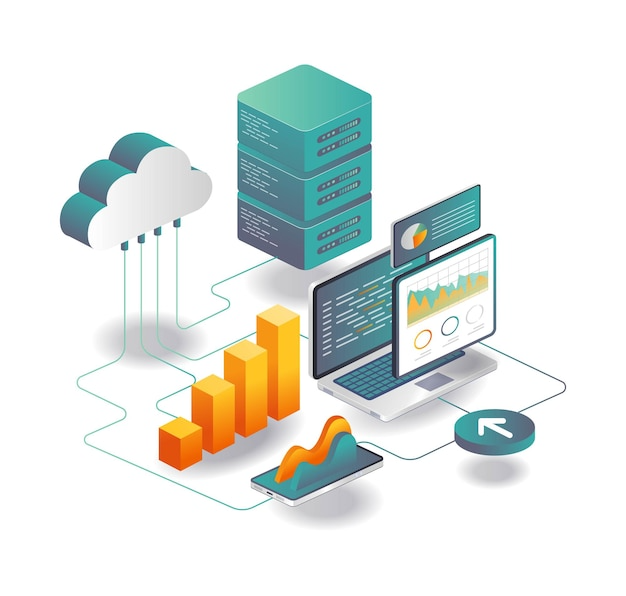- Cloud / AWS Fundamentals
- Advanced Computing Services
- Datebase and Analytics
- Networking , Developer Tools
- Security and Compliance
- Architecting on AWS
- Monitoring and Management


Scalable Infrastructure
Pay-as-You-Go Pricing
Global Infrastructure
Wide Range of Services
Security and Compliance
Generics and lambda expressions,
streams and reflection
annotations and design patterns
Data Management
Data Governance and Security:
Business Intelligence (BI)
Networking:
Network Protocols
TCP/IP Stack
Routing and Switching
Network Security
Wireless Networking
Developer Tools:
Integrated Development Environments (IDEs)
Version Control Systems (e.g., Git)
Debugging Tools
Build Automation Tools
Continuous Integration/Continuous Deployment (CI/CD) Tools
Identity and Access Management (IAM)
Encryption
Network Security
Compliance Frameworks
Security Best Practices
AWS Architecture Fundamentals
Designing Highly Scalable Applications
Security Best Practices in AWS Architecture
Cost Optimization Strategies
Implementing Fault Tolerant Architectures
Metrics Collection
Log Management
Alerting Systems
Performance Optimization
Resource Scaling
Cloud computing refers to the delivery of computing services—including servers, storage, databases, networking, software, and more—over the Internet ("the cloud"). It offers faster innovation, flexible resources, and economies of scale, allowing businesses to access technology resources on-demand without the need for extensive infrastructure investments.
Amazon Web Services (AWS) is a comprehensive and widely adopted cloud computing platform offered by Amazon.com. It provides a wide range of cloud services, including computing power, storage, databases, machine learning, analytics, networking, security, and more. AWS allows businesses to scale and grow their infrastructure as needed, offering flexibility, reliability, and cost-effectiveness.
Using AWS offers several benefits, including scalability, flexibility, cost-effectiveness, reliability, security, global reach, and innovation. Businesses can quickly deploy and scale resources, pay only for what they use, access a wide range of services, benefit from AWS's global infrastructure, and leverage cutting-edge technologies to drive innovation and growth.
Graduates with expertise in AWS and cloud computing can pursue various career opportunities, including cloud architects, cloud engineers, cloud developers, solutions architects, DevOps engineers, system administrators, and more. These roles are in high demand across industries, offering competitive salaries and opportunities for career advancement.
Yes, there are many online resources and training programs available for learning AWS and cloud computing. Platforms like AWS Training and Certification, Coursera, Udemy, and Pluralsight offer a variety of courses, tutorials, and certification programs to help individuals acquire skills in AWS and cloud computing. These online resources provide flexibility and convenience for self-paced learning.
Some common AWS services used in cloud computing include Amazon EC2 (Elastic Compute Cloud) for scalable computing capacity, Amazon S3 (Simple Storage Service) for object storage, Amazon RDS (Relational Database Service) for managed relational databases, Amazon Lambda for serverless computing, and Amazon VPC (Virtual Private Cloud) for networking isolation.
AWS employs a shared responsibility model, where AWS is responsible for the security of the cloud infrastructure, while customers
AWS offers a pay-as-you-go pricing model, where customers only pay for the resources they use, with no upfront costs or long-term contracts. Pricing varies depending on the type and quantity of services consumed, such as compute, storage, networking, and data transfer. AWS also offers various pricing options, including on-demand instances, reserved instances, and spot instances.
Yes, AWS provides a range of services for hosting websites and web applications, including Amazon EC2 for virtual servers, Amazon S3 for static website hosting, Amazon CloudFront for content delivery, AWS Lambda for serverless applications, and AWS Elastic Beanstalk for application deployment and management.
To get started with learning AWS and cloud computing, you can explore online tutorials, documentation, and training resources provided by AWS. Additionally, you can enroll in AWS certification courses, participate in hands-on labs and projects, join AWS user groups and forums, and experiment with building and deploying applications on the AWS platform.